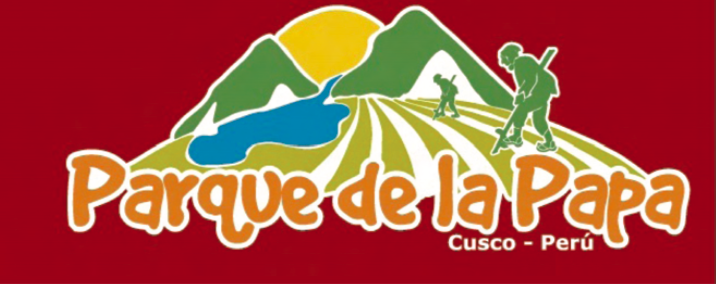

Le système informel de marque collective a été développé conjointement par les communautés du Parc de la pomme de terre (représentées par l'Association des communautés du Parc de la pomme de terre) et l'ANDES, grâce à un processus conjoint comprenant plusieurs réunions communautaires animées par des chercheurs de l'ANDES. La marque collective informelle permet aux micro-entreprises et à l'innovation bioculturelle dans la région du parc de la pomme de terre de présenter aux autres une identité distincte, basée sur le lieu, regroupant les diverses micro-entreprises opérant sur le territoire et générant une cohésion entre les communautés du parc qui sont autrement assez fragmentées. La marque est la propriété collective du Parc de la pomme de terre et est liée à celui-ci.
Le processus de partage équitable des bénéfices est lié au dépôt de la marque ; 10 % des recettes provenant des produits et services déposés sous la marque - tels que le thé, la nourriture ou les articles de toilette - sont versés dans un fonds commun, avant d'être redistribués aux communautés conformément à l'accord de partage des bénéfices. Ce partage équitable des bénéfices, ainsi que les avantages immatériels que sont la cohésion sociale et le sentiment d'appartenance, encouragent l'engagement des communautés dans le parc de la pomme de terre et renforcent les capacités locales, ce qui, à son tour, consolide le soutien et la durabilité du parc.
L'accord de partage des bénéfices a été guidé par les lois et les normes coutumières quechua et élaboré sur une période de 2 à 3 ans à l'aide d'un processus participatif approfondi facilité par des chercheurs communautaires. L'accord repose sur les trois principes fondamentaux issus de ce processus : la réciprocité, la dualité et l'équilibre. L'abandon des notions préconçues d'accès et de partage des bénéfices, et l'adoption de ces concepts du point de vue des communautés elles-mêmes, est un point de départ essentiel pour ce type de travail participatif.
- Le processus informel de dépôt de marque présente des avantages par rapport au processus formel de dépôt de marque, qui a été tenté mais qui a échoué en raison de certains points d'incommensurabilité entre les réglementations formelles en matière de propriété intellectuelle et les questions et préoccupations autochtones. Par exemple, pour respecter la réglementation officielle en matière de propriété intellectuelle, la marque doit être enregistrée de manière permanente sous un seul nom, ce qui n'était pas compatible avec la rotation des dirigeants de l'organe directeur du parc
- Dans ce cas, l'enregistrement collectif informel de la marque a été considéré comme une alternative appropriée qui avait toujours des impacts positifs, notamment en termes de cohésion sociale, de marketing et de partage des bénéfices. Néanmoins, il est important de noter que la marque informelle est vulnérable à l'appropriation illicite et à l'utilisation abusive, ce qui n'est pas le cas des marques formelles.